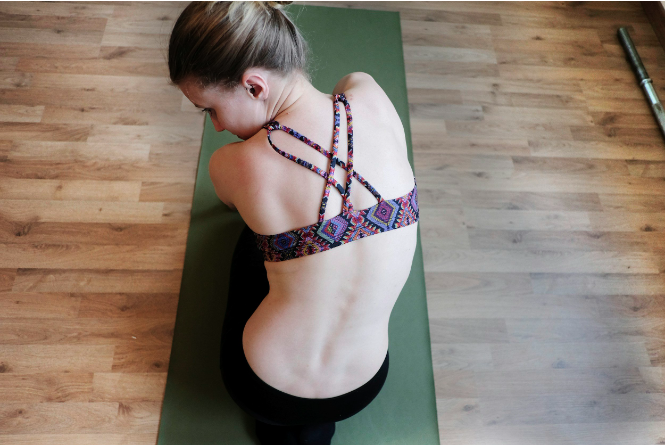
Breaking Free from Ehler Danlos Syndrome (EDS): A Holistic Approach to Healing Body and Mind
Ehlers-Danlos Syndromes (EDS) are a group of connective tissue disorders characterized by hypermobility, skin hyperextensibility, and tissue fragility. These genetic conditions result from defects in collagen or other components of the extracellular matrix, leading to a wide range of symptoms and complications. The variability in EDS presentations can make diagnosis and management challenging, often requiring a multidisciplinary approach that includes medical, nutritional, and psychological care.

What to Do When You Have POTS (Postural Orthostatic Tachycardia Syndrome)?
Postural Orthostatic Tachycardia Syndrome (POTS) is a complex condition that affects the autonomic nervous system, causing a range of symptoms when a person moves from lying down to an upright position. While the exact cause of POTS remains unclear, research suggests that it can be linked to various triggers, including viral infections, autoimmune diseases, and trauma. For those living with POTS, holistic management strategies that encompass dietary changes and mindfulness meditation can play a crucial role in alleviating symptoms and addressing underlying issues such as trauma.

Why Do You Not Eat All Day, then Overeat or Binge at the End of the Day?
This is very common in new clients coming to see me to help them eat healthier. In the pursue for weight loss, many individuals turn to chronic dieting as a perceived solution to manage their weight. However, the repercussions of this approach can be far-reaching and detrimental, particularly for professional women who often find themselves juggling demanding careers alongside societal pressures to maintain a certain body image. Chronic dieting not only impacts physical health but also disrupts the body's natural ability to regulate hunger, leading to a cycle of disordered eating that can be difficult to break.

Why Dieting Does Not Work
For many women, the journey to weight loss can feel like a never-ending struggle. Despite trying countless diets and weight loss strategies, the results are often temporary or non-existent. The frustration of not achieving lasting weight loss is compounded when emotional eating plays a significant role in the relationship with food. Understanding why traditional dieting fails to address the complexities of weight loss, especially for those who battle emotional eating, is key to finding a more effective and compassionate approach.

Why You Might Still Be Hungry After Eating Three Bowls of Spaghetti
If you find yourself eating multiple bowls of spaghetti and still feeling hungry, you're not alone. This experience can be frustrating and perplexing, especially if you believe you've consumed enough to satisfy your hunger.
Eating until you're physically full but still feeling hungry or wanting to eat more is a common experience for many people. This phenomenon is influenced by a complex interplay of physiological, psychological, and environmental factors.
While fullness is a physical sensation triggered by the stretching of the stomach, the feeling of hunger or the desire to keep eating often stems from other cues, such as emotional needs, cravings, or habits. Understanding why this happens requires exploring the differences between physical hunger and emotional hunger, how certain foods impact satiety, and how factors like stress, distraction, and dieting history can disconnect us from our body's natural hunger and fullness signals?
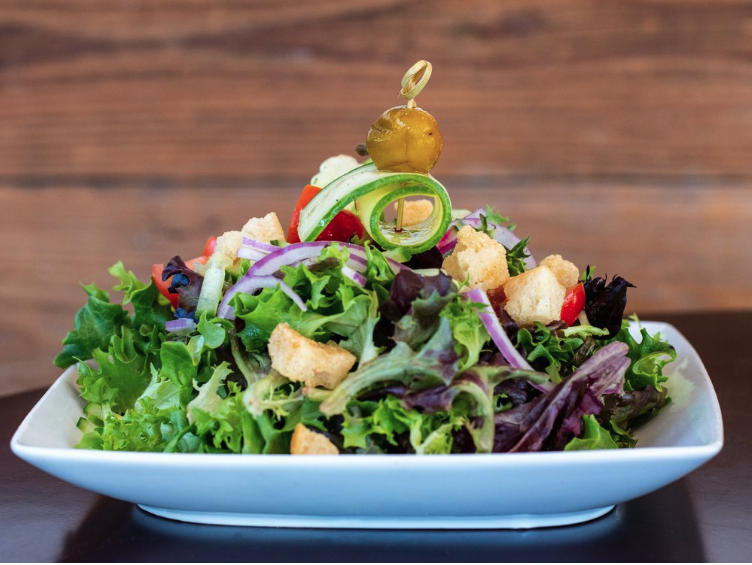
Why Do You Feel Deprived When Eating Healthy?
A common misconception is that eating fewer calories will directly lead to weight loss. While a calorie deficit is essential for weight loss, excessively low-calorie diets can backfire. The body perceives this drastic reduction as a threat, slowing down the metabolism to conserve energy. This survival mechanism can stall weight loss and even lead to weight gain once normal eating patterns resume.
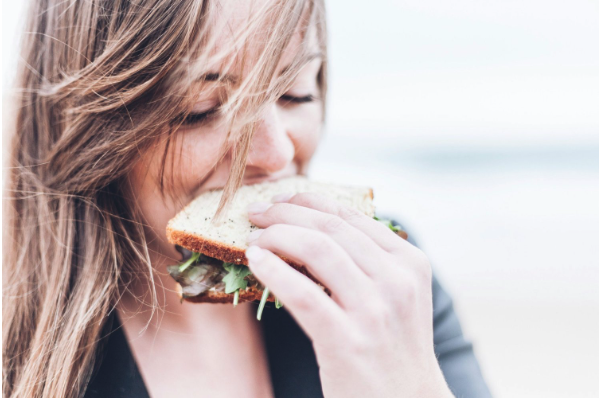
Natural Supplements to Help People Struggling with Binge Eating Disorder
People with Binge Eating Disorder (BED) often struggle with irregular eating patterns, which can lead to nutrient deficiencies. These deficiencies may arise due to consuming large quantities of low-nutrient, high-calorie foods during binges, followed by periods of restrictive eating or skipping meals.

How to Stop Hating Your Body?
Body hate is a complex issue, deeply rooted in emotional and psychological experiences. It goes beyond dissatisfaction with physical appearance and often reflects unresolved feelings of inadequacy, trauma, and societal pressure.
To truly overcome body hate, it’s crucial to address these underlying causes and adopt tools that nurture self-love, confidence, and healing.

The Key to Staying Motivated for Weight Loss
Most people start their weight loss journey with plenty of willpower and a strong push for motivation. But as the weeks go by, many find that motivation dwindles, and soon they feel defeated and exhausted.
Why does this happen?
The truth is, most people lose motivation not because they lack discipline or willpower, but because they’ve been exhausting themselves both mentally and physically. They’re starving their bodies with restrictive dieting and over-exercising to create a calorie deficit. No wonder they feel drained! A lack of energy is one of the biggest reasons people lose motivation.
Second, they stopped being motivated and feeling defeated because they only focused on the negatives - things they didn't do, things they should have done, and any minute mistakes they made.

How to Help Your Picky Eater Become a Healthy Eater?
When it comes to picky eaters, most parents have been told, "When they're hungry, they'll eat." But there are a few really, really, really stubborn children that hunger does not bother them. Some just think that "your food" is so disgusting that they rather starve themselves than eat your food.
Why are some kids so fussy about food?
There are many reasons why your child does not want to eat or lacks an appetite or interest to eat. Picky eating may be associated with everything from personality traits to parental control at mealtime, social influences, maternal eating patterns and development, gastrointestinal issues, food allergies and sensitivities, sensory issues, etc. Or it could just be your kid being, well, a kid or something else.
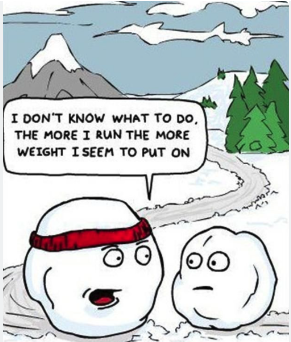
What is the Best Exercise for Women Struggling with Weight Loss?
Most people start their weight loss journey with plenty of willpower and a strong push for motivation. But as the weeks go by, many find that motivation dwindles, and soon they feel defeated and exhausted.
Why does this happen?
The truth is, most people lose motivation not because they lack discipline or willpower, but because they’ve been exhausting themselves both mentally and physically. They’re starving their bodies with restrictive dieting and over-exercising to create a calorie deficit. No wonder they feel drained! A lack of energy is one of the biggest reasons people lose motivation.
Second, they stopped being motivated and feeling defeated because they only focused on the negatives - things they didn't do, things they should have done, and any minute mistakes they made.
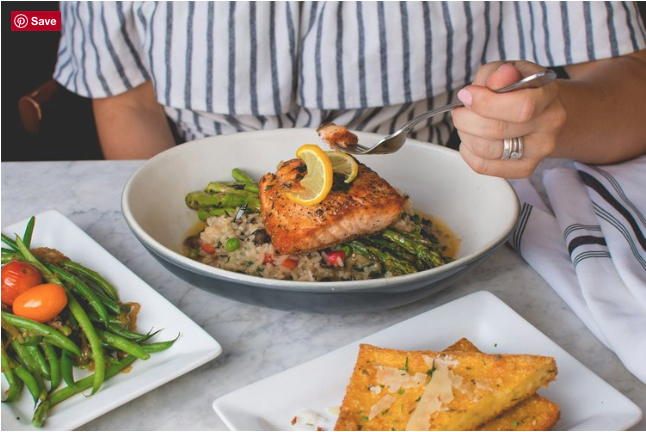
What is the Best Diet for Women Struggling with Weight Loss?
There are many diet out there, and all diet works to some extend, but not for everyone. There is no one-size-fits-all approach because there’s not a single diet that works for everyone for permanent health and well-being.
We are all as unique as a “snowflake.” Even clothing manufacturers understand individuality and don’t make only one size of clothing or one design for everyone. Why does the medical world try to force everyone to eat the same diet?
The only way to find the right diet for you is to start listening to and working with your body. Your body is constantly giving you feedback. All the aches, pains, diarrhea, constipation, bloating, belching, menstrual cramps, headaches, cravings, thirst, and hunger are your body's way of communicating with you.

Celiac Disease: What You Need to Know & What to Do
Celiac disease is a chronic autoimmune disorder that affects the small intestine. When people with celiac disease consume gluten, a protein found in wheat, barley, and rye, their immune system reacts by damaging the lining of the small intestine. This damage hinders the absorption of essential nutrients, leading to various health problems.
Celiac disease is hereditary, meaning that it runs in families. People with a first-degree relative with celiac disease (parent, child, sibling) have a 1 in 10 risk of developing celiac disease.
Celiac disease can develop at any age after people start consuming gluten. Left untreated, celiac disease can lead to additional serious health problems.
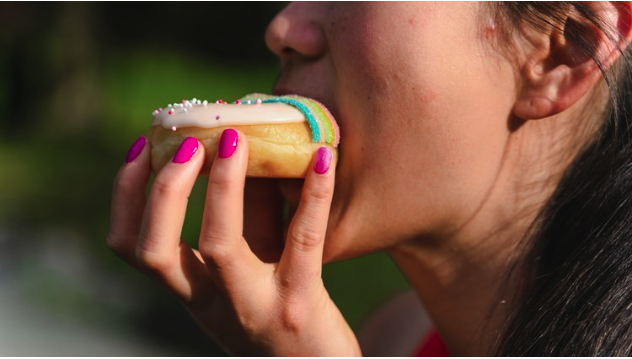
Why You Can’t Willpower Away Sugar Cravings?
Sugar cravings are a universal experience, often challenging even the most disciplined individuals. While willpower is frequently touted as the solution to resisting these cravings, the truth is far more complex. The intricate interplay between biology, psychology, and environmental factors makes sugar cravings a formidable opponent.
Cravings are a very common and normal human phenomenon, just like hunger and thirst.
So don't feel bad.
It's normal to have cravings especially when you haven't been eating enough or skipping meals or started exercising a lot.
When you are hungry, your body needs food for energy.
When you are thirsty, your body needs water for hydration.

Link Between Sexual Trauma and Weight Struggles in Women
Sexual trauma and abuse are harrowing experiences that leave indelible marks on the lives of survivors. For many women, the aftermath of such trauma manifests not only in psychological and emotional distress but also in physical changes, including obesity.
Emerging research indicates a complex relationship between sexual trauma and obesity, suggesting that obesity may function as a protective mechanism for survivors.

Link Between Childhood Trauma and Binge Eating Disorder in Women
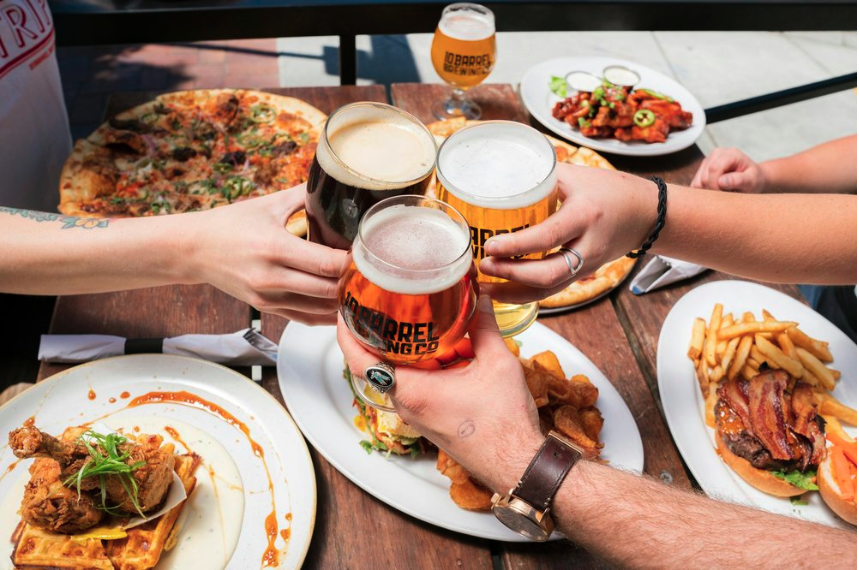
Are You an Overeater or Binge Eater?
In a world where food is abundant and social norms often revolve around indulgence, it's not uncommon for individuals to occasionally overeat or indulge in larger portions than they intended.
However, for some, these occasional instances can develop into patterns of behavior that go beyond mere overindulgence, leading to more concerning eating habits. It’s important to understand the distinction between overeating and binge eating. While both involve consuming large amounts of food, they differ significantly in terms of frequency, control, and psychological impact.
Understanding the differences between overeating and binge eating is crucial for recognizing when eating habits may be veering into unhealthy territory. In this article, we delve into the nuances of these behaviors, exploring the signs, symptoms, and implications of both overeating and binge eating. By shedding light on these issues, we aim to provide clarity and support for individuals who may be grappling with their relationship with food, empowering them to seek balance and cultivate healthier eating habits.
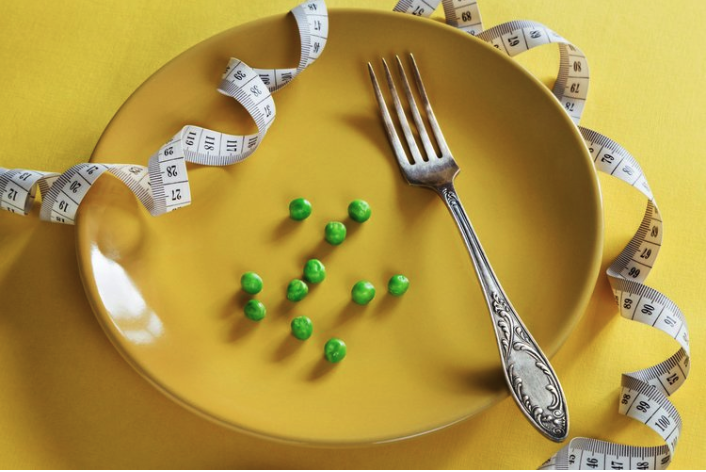
Why Dieting Does Not Work
Dieting is a common approach people use in an attempt to lose weight. Despite its popularity, there is substantial evidence suggesting that dieting is not only ineffective in the long term but can also lead to a variety of negative health outcomes. The fundamental issue often lies in the relationship people have with food, characterized by ignoring hunger cues, counting calories obsessively, and constantly thinking about food.
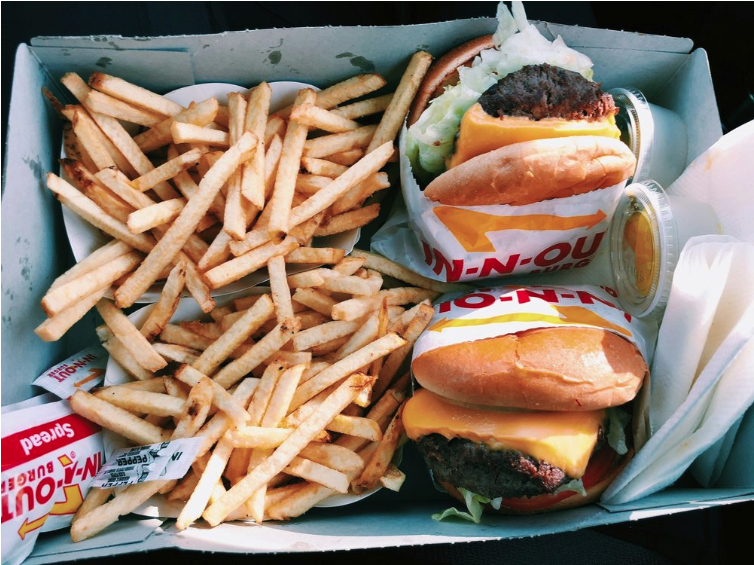
How to Stop Binge Eating & Food Addiction For Good?
Binge eating is tricky. There are foods that are better to eat to help you feel less hungry later; however, it can be very mental and emotional. The truth is that it is worth it to see a therapist and find the root causes of why you are binge eating in the first place.

5 Secret Root Causes of Emotional Binge Eating No One Talks About
The causes of emotional binge eating are unique to each individual. There isn't a single cause that fits everyone, and it's not a problem with one root cause—it's multifaceted.
Emotional binge eating is an emotional problem that requires an emotionally focused approach. This is why most recommendations that focus solely on changing behavior do not work. They overlook the fact that emotional binge eating is a symptom of deeper emotional issues.
Understanding these emotional causes can be key to addressing and managing binge eating.